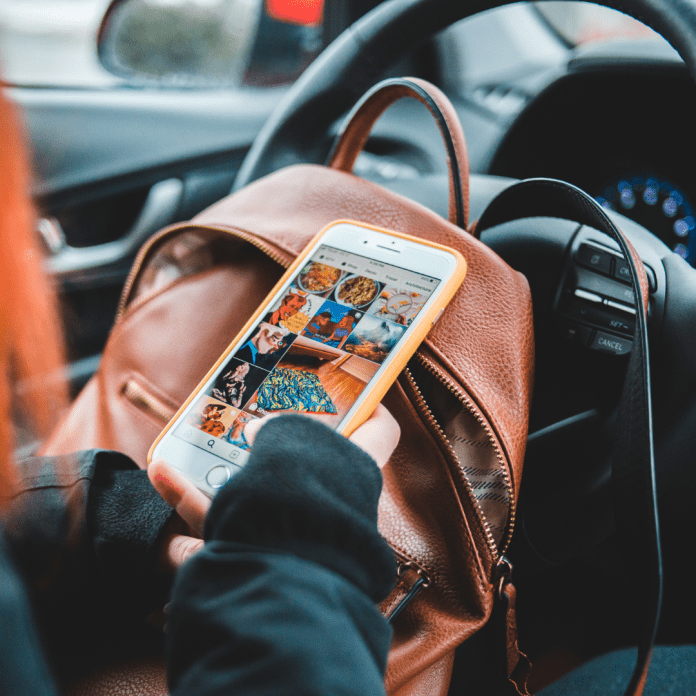Facebook Twitter (X) Instagram Somali Magazine - People's Magazine
In an age where scrolling is second nature, social media has become both a source of connection and a quiet space for comparison. Every day, millions of people open their favorite apps to see friends, influencers, and celebrities living what appears to be perfect lives. Behind the filters and highlights, however, many silently ask themselves, “Am I enough?”
Recent studies suggest that this question isn’t uncommon. A 2024 Pew Research Center report found that 59% of users feel worse about themselves after viewing others’ posts, while among Gen Z, that number rises to 70%. The more time people spend online, the more likely they are to experience dips in confidence, mood, and satisfaction with their own lives.
The Comparison Trap
Social media thrives on comparison. Psychologists call it social comparison theory, the human habit of measuring ourselves against others. The difference today is that we’re comparing our reality to someone else’s carefully edited version.
According to the American Psychological Association, people who spend three or more hours a day on social platforms are twice as likely to report low self-esteem or depressive symptoms. Constant exposure to idealized content makes it easy to forget that what we see online is often staged, filtered, or exaggerated.
Dr. Melissa Hunt from the University of Pennsylvania explains, “Social media isn’t harmful by itself; the danger lies in comparing your unfiltered life to someone else’s highlight reel.”
The Illusion of Perfection
Platforms like Instagram and TikTok reward attention. Likes and comments trigger dopamine, the brain’s “feel good” chemical, encouraging users to seek validation through engagement. Over time, this cycle can make people equate self-worth with numbers on a screen.
A 2023 Nature Human Behavior study found that these digital dopamine bursts create a feedback loop that trains the brain to crave approval. The result? People feel anxious, restless, or low when they don’t get enough likes—even if they don’t realize it.
At the same time, beauty filters and influencer culture have blurred reality. Dove’s Self-Esteem Project reports that eight in ten girls feel pressure to look “perfect” online, and nearly half edit their photos to meet social standards. This isn’t just a teenage issue adults too, feel the need to project success, happiness, and confidence, even when they’re struggling.
Protecting Your Mental Well-Being
While the statistics are alarming, there are ways to protect your self-esteem in the digital age:
-
Be selective with your feed. Unfollow accounts that make you feel inadequate, and follow ones that uplift or educate you.
-
Limit screen time. Reducing social media use by even 30 minutes a day can significantly improve mood and focus.
-
Engage mindfully. Use platforms to connect, not compare. Comment positively, share genuinely, and avoid doom-scrolling.
-
Take digital breaks. A few hours offline can reset your perspective and remind you that real life happens beyond the screen.
A Healthier Relationship with Social Media
Social media isn’t inherently toxic; it depends on how we use it. It has amplified voices, created communities, and allowed global connection. But it’s also blurred the line between reality and performance.
The next time you catch yourself comparing your journey to someone else’s, remember that most of what we see online is crafted to impress, not to express. Confidence grows not from likes, but from self-acceptance.
Your worth isn’t measured by engagement; it’s reflected in how you feel about yourself when the screen goes dark.

